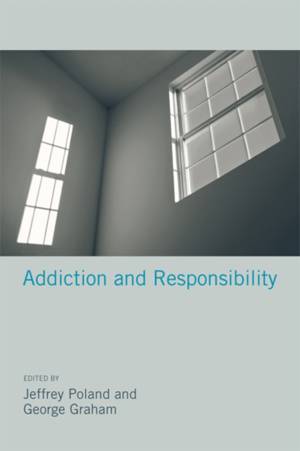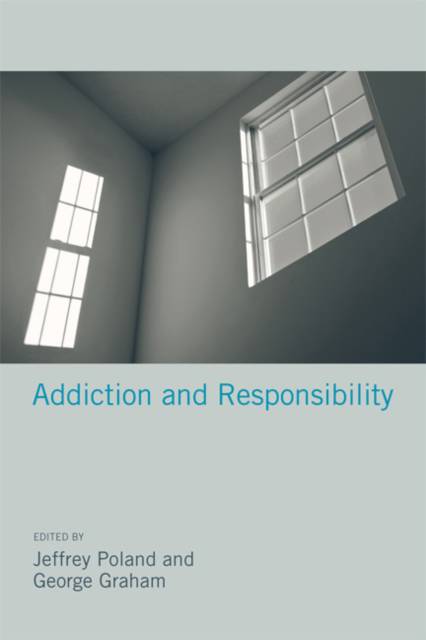
- Retrait gratuit dans votre magasin Club
- 7.000.000 titres dans notre catalogue
- Payer en toute sécurité
- Toujours un magasin près de chez vous
- Retrait gratuit dans votre magasin Club
- 7.000.0000 titres dans notre catalogue
- Payer en toute sécurité
- Toujours un magasin près de chez vous
Addiction and Responsibility
Description
Addictive behavior threatens not just the addict's happiness and health but also the welfare and well-being of others. It represents a loss of self-control and a variety of other cognitive impairments and behavioral deficits. An addict may say, "I couldn't help myself." But questions arise: are we responsible for our addictions? And what responsibilities do others have to help us? This volume offers a range of perspectives on addiction and responsibility and how the two are bound together. Distinguished contributors--from theorists to clinicians, from neuroscientists and psychologists to philosophers and legal scholars--discuss these questions in essays using a variety of conceptual and investigative tools.
Some contributors offer models of addiction-related phenomena, including theories of incentive sensitization, ego-depletion, and pathological affect; others address such traditional philosophical questions as free will and agency, mind-body, and other minds. Two essays, written by scholars who were themselves addicts, attempt to integrate first-person phenomenological accounts with the third-person perspective of the sciences. Contributors distinguish among moral responsibility, legal responsibility, and the ethical responsibility of clinicians and researchers. Taken together, the essays offer a forceful argument that we cannot fully understand addiction if we do not also understand responsibility.
Spécifications
Parties prenantes
- Editeur:
Contenu
- Nombre de pages :
- 320
- Langue:
- Anglais
- Collection :
Caractéristiques
- EAN:
- 9780262015509
- Date de parution :
- 13-05-11
- Format:
- Livre relié
- Format numérique:
- Genaaid
- Dimensions :
- 158 mm x 230 mm
- Poids :
- 489 g

Les avis
Nous publions uniquement les avis qui respectent les conditions requises. Consultez nos conditions pour les avis.





